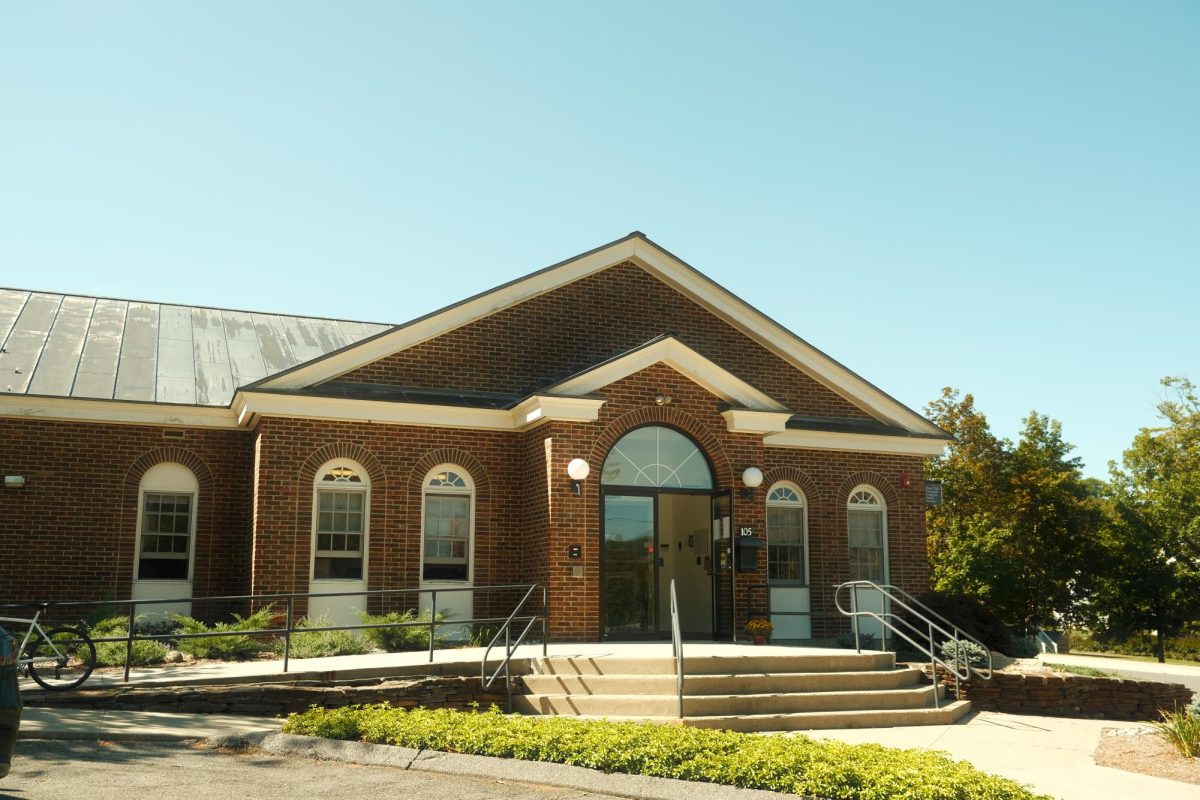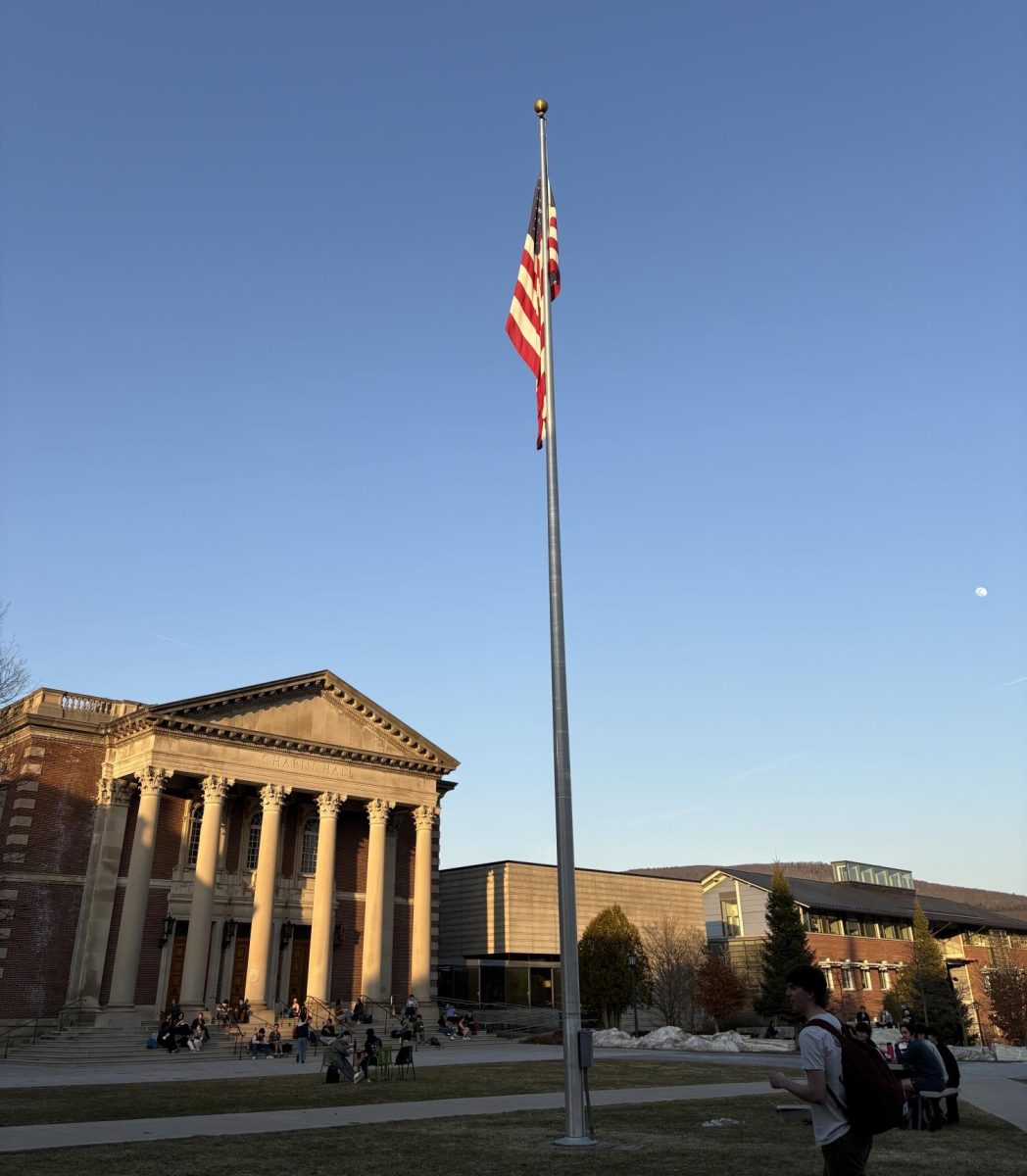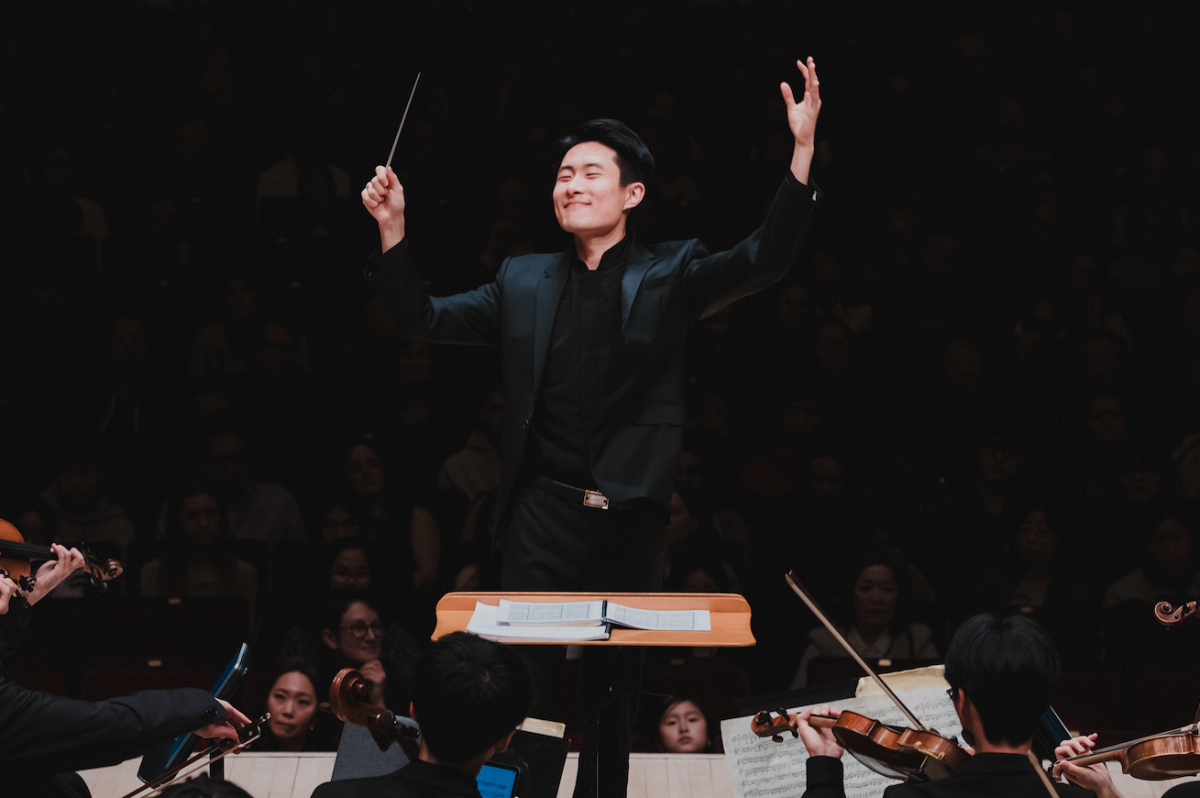Resisting the speed of darkness
March 9, 2022
In 1936, the poet and writer Muriel Rukeyser went to Barcelona to write about the People’s Olympiad, a sports tournament intended as counterprogramming to Hitler’s hijacked Olympics in Berlin. It was supposed to be a protest and a celebration of international worker solidarity, but it quickly became an afterthought when a fascist coup plunged Spain into civil war.
“I lived in the first century of world wars,” Rukeyser later wrote in a poem from her 1968 collection The Speed of Darkness about her life as an artist and activist, as she described the way unexpected horrors from unexpected places waylaid even the best laid plans, layering burden upon burden, demanding we hold many values and ideas at once. A familiar feeling now with the news from Ukraine.
There was no shortage of injustices in the 20th century, and Rukeyser saw a lot of it firsthand. Shortly after leaving college in the early 1930s she was arrested while covering the Scottsboro Boys trial — for violating Jim Crow laws by simply talking to Black people. She wrote about an enormous industrial catastrophe in West Virginia, where migrant workers at a tunneling project for Union Carbide were sickened by silicosis, killing hundreds. It could have been covered up and forgotten, but her writing led to congressional hearings.
Rukeyser was a Jewish, leftist, bisexual, single, working mother who saw the world and its structures of power and oppression with unusual clarity, and understood that our struggles are bound together. For readers today, her life and work also show that making sense of them is the work of a lifetime. All these struggles “endure to our own moment,” she recalled about her time in Barcelona in a 1974 Esquire essay. It is important, she wrote, “not to let our lives be shredded. Sports away from politics, poetry away from anything. Anything away from anything.”
You can feel your attention and outrage pulled apart, that one thing has nothing to do with another, or isn’t worth our attention. Here is this horrifying news from Ukraine, which many of us refused to believe was possible. Others have very well described the seriousness of the situation there — especially Ukrainian students Diana Sobolieva ’25 and Alina Luchyshyn ’23 in last week’s issue — but I would hope to step back a moment and think about why all of us should care, even as we’re overwhelmed with other urgent demands on our attention. That list is long, and where even to begin: young trans people and their parents attacked in Texas, access to reproductive health care denied in the South, a pandemic that has not just claimed lives but robbed us of two whole years of our lives. Wealth inequality grows, and nothing serious is done about climate change. This is the work of a lifetime.
The basic moral equation never changes: Innocent people and the young cut down for no good reason. And war has a powerful ability to find the seams and shortcomings in how we see the world. We see the clear double standard of how white Ukrainian refugees are treated and how everyone else — including Black international students in Ukraine caught in the crossfire — are treated. We see it in the network television correspondents, who remark that the violence is all the more shocking in Ukraine than in Iraq or Syria because Ukraine is a “relatively civilized place.” This dehumanizing mistreatment and framing disrespects human dignity, just as when we look away from state violence in Iraq, or Gaza, or Armenia, or Yemen.
This crisis summons us to extend empathy even further than we may want to at first. For example, we should remember that governments and people are not the same, and that many Russians want nothing to do with this conflict as their current leaders use this as an opportunity to turn the country into a prison camp. What had been an authoritarian nation is descending into totalitarianism faster than we could have imagined in our worst nightmares — where at this point, people like us face 15-year prison sentences for crimes like describing a war as a war, the kind of basic rights to expression that we take for granted in the United States. All this is made worse by the lurking prospect of nuclear escalation, which we thought had been left in the past century, creating a situation we can’t look away from if we wanted to.
There is anger and helplessness, even as the ways forward emerge. The easiest way to pressure Putin’s government is to seriously begin to end our dependence on fossil fuels, which we should do anyway for environmental reasons. We can work to limit the power of concentrated wealth, while also finding strength in the bonds between ordinary people of good faith.
None of it is easy. Rukeyser herself was not a model of saintly conviction and indefatigable activism. She kept a low profile for much of the 1950s and early 1960s, in part because of a pervasive bias against her kind of leftism, but also simply because of the demands of being a single mother. She called those her “intercepted years.”
But she found renewed purpose in the opposition to the Vietnam War, and became a mentor and inspiration for a new generation of feminist artists and scholars. In that poem from 1968, she presciently describes the relentless pace of bad news we meet in our daily lives, the overwhelming effect of how they “pour out of various devices.” Among the best responses she finds is to reach out to friends, and to write poems for those “unseen and unborn.”
But she seems to be saying that we can’t compartmentalize our struggles, and must find power in “setting up signals across vast distances.” “We would try by any means / To reach the limits of ourselves, to reach beyond ourselves, / to let go the means, to wake.”
Christopher Marcisz is a journalist who lives in Williamstown and has been an adjunct instructor in the English, anthropology, and sociology departments.








